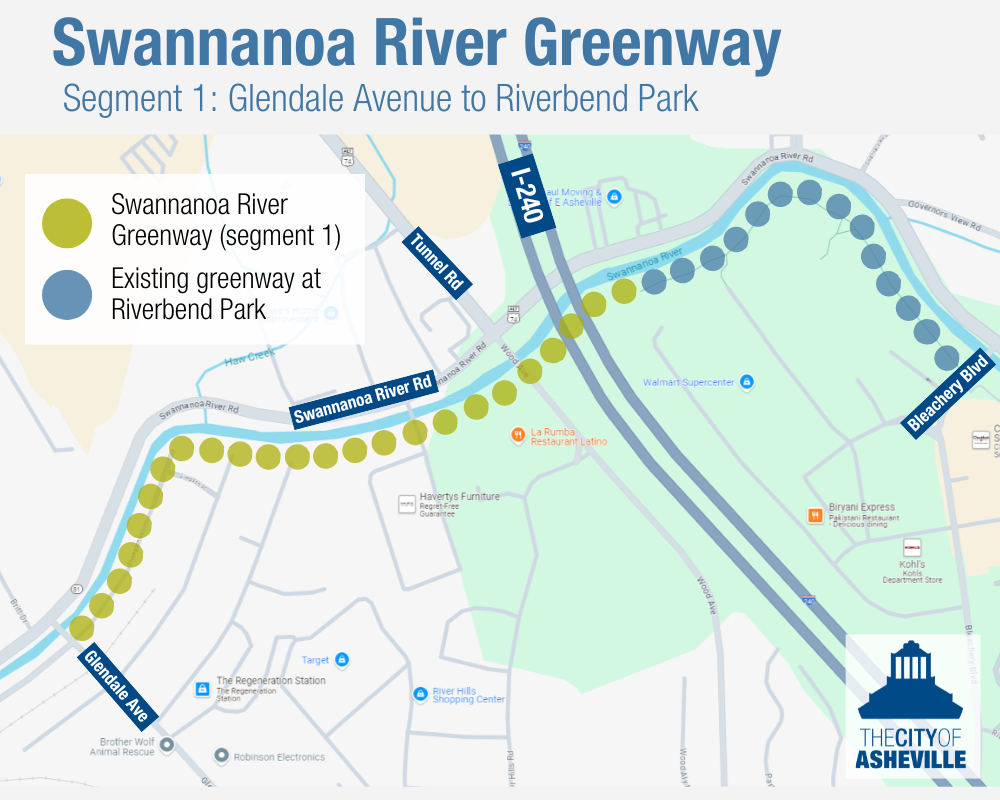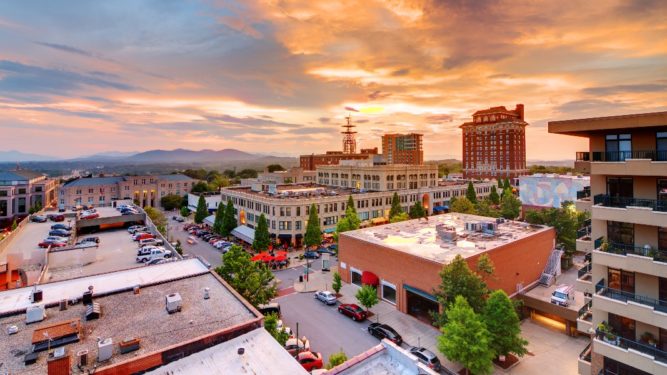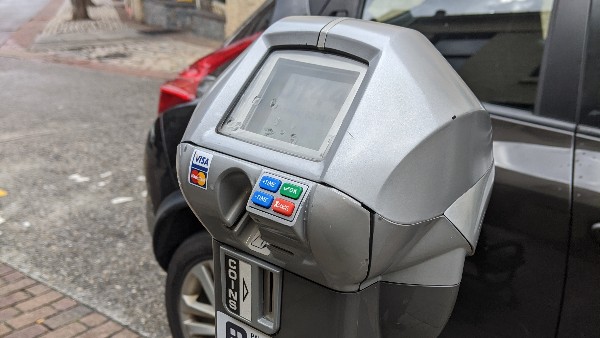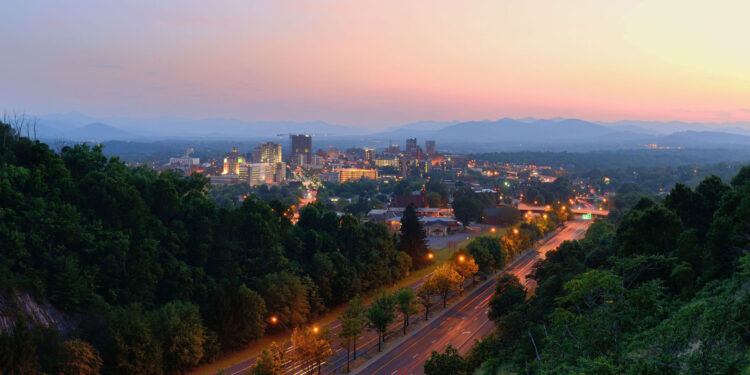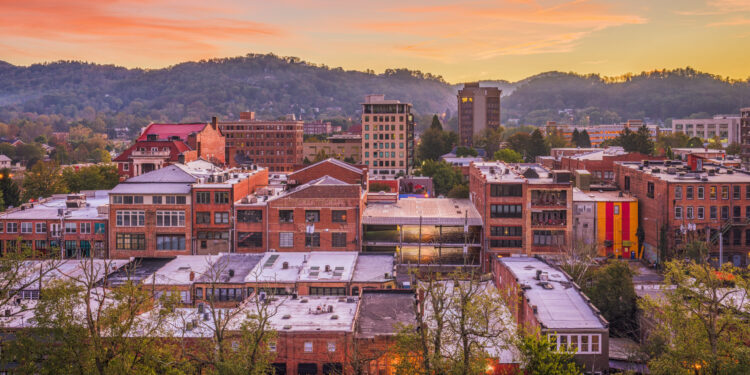Project Overview
The Swannanoa River Greenway starts at the intersection of Lyman Street and Amboy Road and ends at the city limits located at Azalea Road and Tunnel Road. Since the Swannanoa River Greenway corridor stretches 7.5 miles in length, greenway construction will occur in segments rather than be completed simultaneously.
More InformationContact Information
Lucy Crown, Greenway Planner, Transportation Department
Dustin Clemens, Capital Projects Division Manager, Capital Management Department

